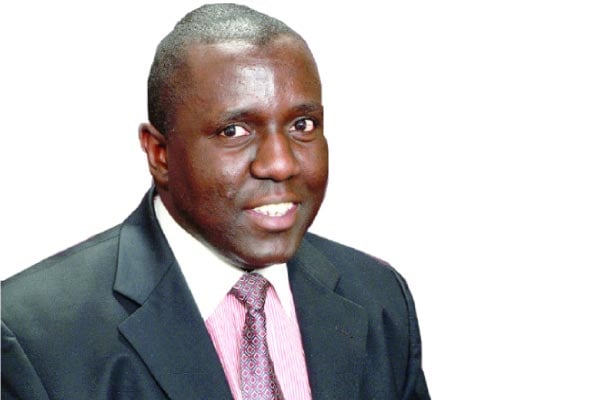Buy food from refugee hosting communities
District leaders in Kiryandongo have asked the World Food Programme (WFP) to consider refugee hosting districts first when buying foodstuffs that are supplied to refugees. They argue that refugee hosting communities in the district are the biggest producers of maize in Bunyoro sub-region but they are not benefiting from WFP presence in the region because the agency buys its maize from elsewhere to feed the refugees.
The Kiryandongo District LC5 chairperson wondered why WFP buys the maize from elsewhere when they have more than what they require to feed all these refugees in the district.
With the country’s open-door refugee policy, Uganda is host to more than one million refugees mostly from South Sudan, DR Congo, Rwanda and Burundi. These refugees are spread in the districts of Kiryandongo, Arua, Hoima and Isingiro.
Ordinarily, the hospitality Uganda has offered to refugees should be reciprocated by WFP and other agencies helping refugees by locally procuring items that are found among the host communities so that in return, such communities too benefit and do not perceive refugees as an inconvenience.
What would be the rationale of such organisations failing to use local content yet it’s available. Already there have been episodes of conflict pitting host communities against refugees over a number of reasons, one of them being that refugees enjoy a better welfare than them, which undermines the coping abilities of host communities.
Let it be a win-win situation for both the refugees and host communities for peaceful co-existence. When organisations and agencies helping refugees buy some of the items from host communities and districts, it will economically empower them and allow such communities to produce more so that they sell to the agencies. WFP says that farmers do not add value to their grains to gain market power, the reason they go elsewhere.
Instead of government blaming farmers for failure to add value, they should instead help and encourage them to add value through practical means, and engage in agriculture in a bigger scale since agriculture is a core sector of Uganda’s economy.
The issue: Buying refugee food.
Our view: Instead of government blaming farmers for failure to add value, they should instead help and encourage them to add value through practical means, and engage in agriculture in a bigger scale since agriculture is a core sector of Uganda’s economy.




